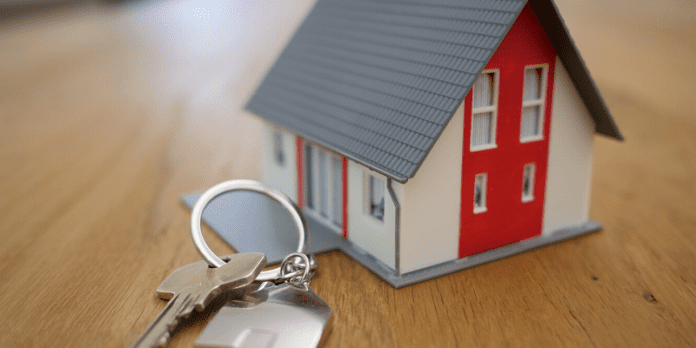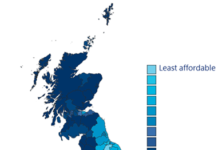Not only has the cost of buying a home increased markedly of late, but we’ve also seen the fastest rent rise in five years amid the recent cost of living crisis.
According to ONS data, the cost of renting rose by 2% through 2021, while this trend is expected to continue for the foreseeable future at least.
This will also increase the number of conflicts that occur between tenants and landlords in the UK. So, here’s some advice for tenants who want to deal with such disputes.
#1. Protect Yourself With Renters Insurance
To begin with, it’s important that you understand your responsibilities as a renter and take proactive steps to protect yourself.
Remember, conflicts often occur out of misunderstandings, which account for around 90% of all relationship breakdowns and arguments.
In this case, it’s important to remember that while landlords are responsible for repairing any damage caused to the structure of the building, they have no liability when it comes to your material possessions and contents.
So, by urgently investing in tenants’ content insurance, you can safeguard your belongings and negate any conflict in instances where damage is incurred.
#2. Keep the Property in Good Condition
Ultimately, your rental home is somebody else’s property, so it’s only respectful and courteous to take care of this and ensure that it’s kept in excellent condition.
Otherwise, you’ll run the serious risk of upsetting your landlord and souring any potential relationship, while encouraging them not to renew your tenancy agreement once it expires.
Of course, this type of approach also ensures that you optimise your chances of retaining your security deposit when you eventually leave, with this sum of cash held in a separate account by the landlord and returned once at the end of the tenancy.
If damage is incurred during your tenancy, we’d recommend contacting the landlord immediately and taking pictures where necessary to prove that you weren’t at fault.
#3. Understand Your Rights as a Tenan
As we’ve already touched on, landlords are liable to repair any structural damage caused to your home, but they have additional responsibilities that must be considered by law.
For example, landlords are also responsible for gas and electrical safety in the property, along with the function of any associated appliances and maintenance of water heating equipment.
These represent clear legal requirements, while landlords are also required to protect the tenant’s deposit in an independent deposit scheme for the duration of their stay.
Unfortunately, not all landlords adhere to these responsibilities, with some not particularly proactive unless they’re regularly prompted by their tenants. So, if you take the time to understand your rights and push landlords to comply, you can potentially avoid conflicts further down the line.
Help keep news FREE for our readers
Supporting your local community newspaper/online news outlet is crucial now more than ever. If you believe in independent journalism, then consider making a valuable contribution by making a one-time or monthly donation. We operate in rural areas where providing unbiased news can be challenging. Read More About Supporting The West Wales Chronicle
























